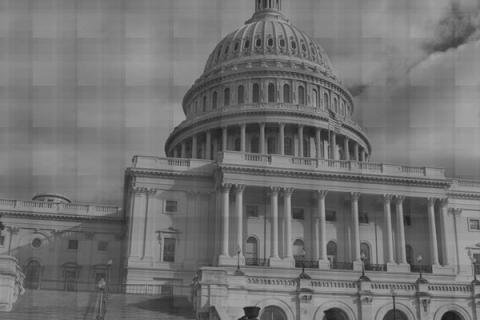Businesseslargeand small loathe it.
The nation's giggling about it, though everyone'smissing a much better laugh line in South Dakota's proposed tax on rodeo clowns.
Republicanshate it because they're notabout to loosen the fiscal chastity belt they've donned to preserve theirfiscal purity.
Butdespite opposition from everyone from animallovers to golfers,Gov. Arnold Schwarzenegger's proposal to expand the state's sales tax to covera number of services is a sound idea.
Some would say the levy's longoverdue.
"Whenproperly done, expanding the tax base is simply good policy," the Institute on Taxation andEconomic Policy said in a paper based on 2007 data. "Taxing servicescan make sales taxes less regressive, less discriminatory and moreresponsive."
Analystshave long said Californiawas missing out on a lot of money by not subjecting services - accounting,landscaping and entertainment in addition to golf and vets - to the state'ssales tax.
The stateBoard of Equalization's chairwoman estimated almosta year ago that taxing more services could raise $8 billion a year.
Goingback even further, a 2005 report by the CaliforniaTax Reform Association identified an expanded services tax as one of thekeys to the state's long-term financial stability. "Many 'services' areactually the temporary use of tangible commodities, such as admission tosporting events, ski resorts, golf courses, amusement parks, gyms and concerts,and should be in the tax base," the report said.
It'sreally nothing more than an accident that those things aren't taxed in California and manyother states.
"Whenmost state sales taxes were enacted in the 1930s, services were a relativelysmall part of consumer spending," the Institute on Taxation and EconomicPolicy said. "In recent years, however, spending on services hasskyrocketed."
Andnationwide, tax policy has not caught up to that shift. Goods fell from 39percent of household consumption in 1970 to 33 percent in 2001, the Center on Budget and PolicyPriorities said in a 2003 report. During that same period, consumption ofservices rose from 31 percent to 44 percent of purchases.
Yet,instead of expanding the tax base to include more services, states insteadincreased the general sales tax rate.
The result nationwide has been tax laws that are moreregressive - that tend to hit lower-income residents harder because they take abigger bite percentage-wise out of their incomes. "Exemptingservices discriminates against individuals who consume more goods thanservices," the institute said.
So howdoes that work?
Someone who goes to a frau-frau salondoesn't pay the tax. Someone who uses Lady Clairol at home does.Tax-preparation software, taxed; going to a tax preparer, not. A rented movie,taxed; a trip to the theater, not.
As the Center for Budget and PolicyPriorities put it in another report, why tax the lawnmower but not thelandscaping service?
Thecenter does acknowledge in its 2003 report one of the historic knocks againstexpanding California'stax: Extending it to businesses not already collecting it would be anadministrative nightmare.
Schwarzeneggerhas done what he can to address that concern, choosing to propose service taxesfor businesses that alreadycollect sales taxes on other items. Veterinarians already sell petsupplies, for example, so the change would be easy to administer.
That's led those businesses to howl. "You don'tsee a tax on movies," Bob Bouchier,executive director of the California Alliance for Golf, told The AssociatedPress. "You don't see a tax on bowling. You don't see skiing. You don'tsee a tax on any other sport."
Goodpoint. Maybe in coming years officials could address the inequity.
But fornow, staring down the barrel of a $40 billion deficit, speed is of the essence.The expansion might not be fair to certain segments of the economy, but it doesa lot to smooth out unfairness in the tax structure as a hole.
